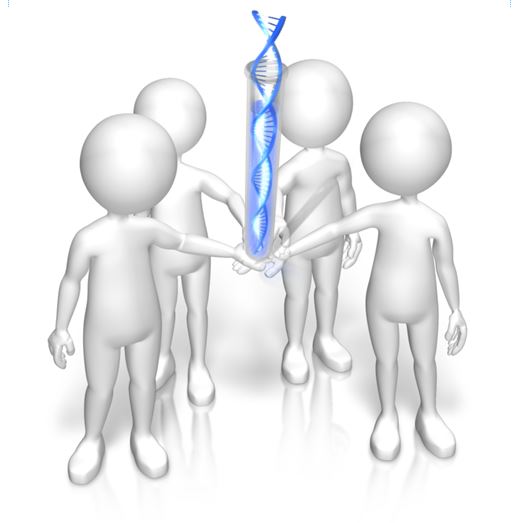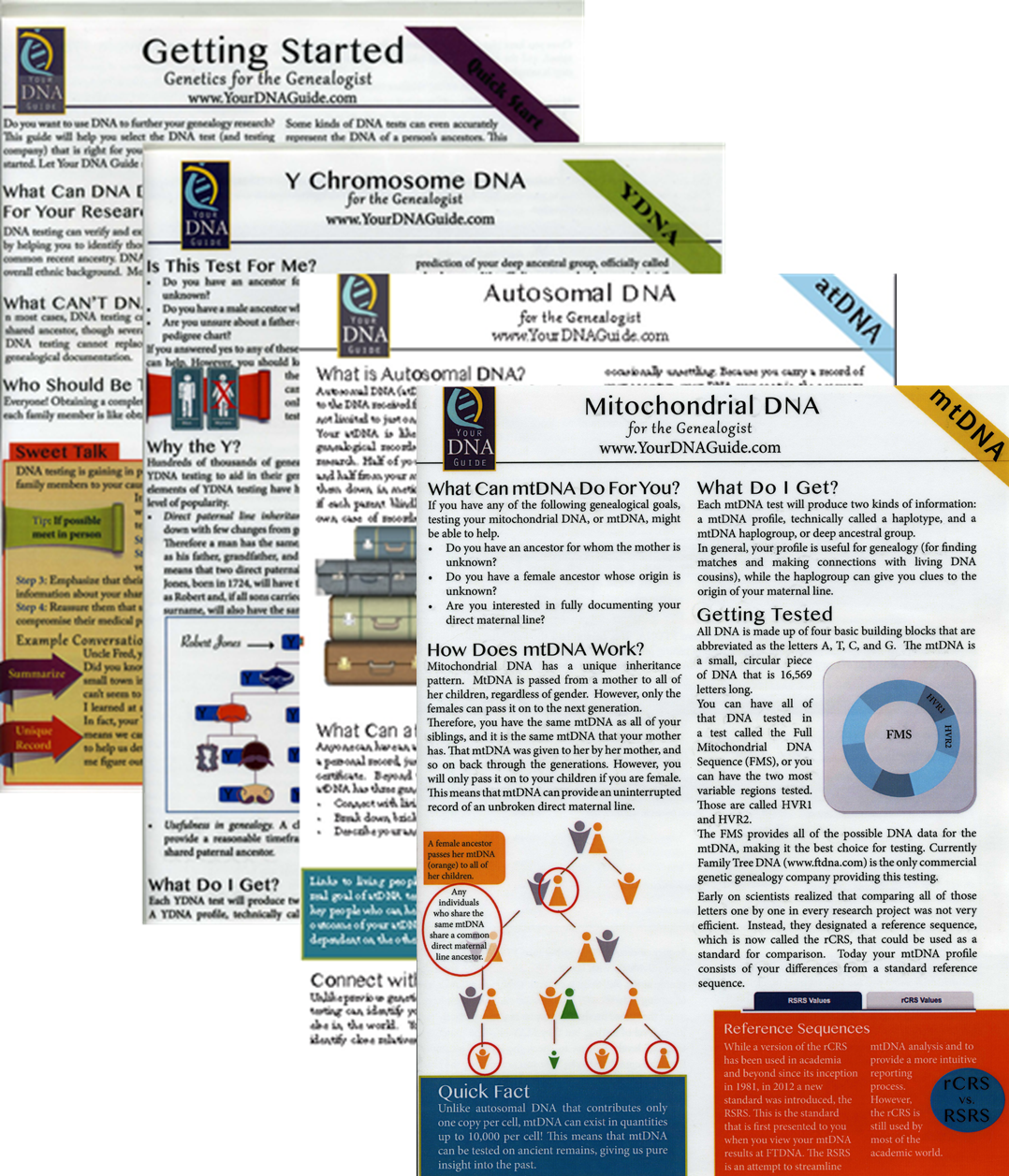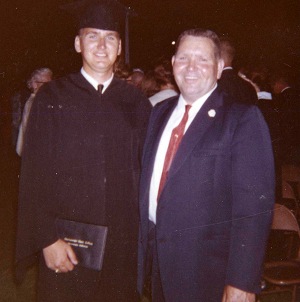by Lisa Cooke | May 31, 2015 | 01 What's New, Digital Archives, FamilySearch, images, Libraries

A milestone 200,000 digital family history books are now online at the multi-library Family History Books collection at FamilySearch.org. The growing collection, which began in 2007, includes “family histories, county and local histories, genealogy magazines and how-to books, gazetteers, and medieval histories and pedigrees,” according to the landing page.
Last time I looked for books here, I found one on my Homer ancestors. This time around, I found another gem: a book of children’s stories written about these ancestors! Digitally-archived volumes like county and local histories, published family histories and others are so valuable because they are immediately accessible and because they are keyword-searchable. Try these keyword search strategies:
- Look for only a surname (in case the first name is written different ways or a different relative is mentioned).
- Search for the name of a neighborhood, street, church, school, business, type of work or other keywords that pertain to your family.
- Use the Advanced Search feature to focus your search for a keyword in a title, type of publication (periodical, etc).
Once you’re reading a book, you can click on the info icon (a circle with an “i” in it on the upper right) to see more information about the book, including source citation and copyright information.
While the number of volumes online skyrockets, the online Viewer for reading them is only gradually improving. Here’s a TIP from FamilySearch staffer Dennis Meldrum: “Safari does not work well with the Viewer.” Neither do mobile devices like the iPhone or iPad. “The Viewer works best with IE or Firefox. It also works with Chrome, but the Adobe Tools do not work. We are aware of the limitations of the Viewer and are working to replace it by the end of the year.”
 Want to keep track of which genealogy books are on your shelf and which you’ve found online? Create an Evernote genealogy library! Click here to learn how to do that with books on your shelf, and then add additional titles with the links in Evernote. Sharpen your Evernote skills for genealogy by becoming a Genealogy Gems Premium member. This gives you a full year’s access to our Ultimate Evernote for Genealogy Education, with five (so far) full-length video classes for beginner to expert and five mini-sessions, too.
Want to keep track of which genealogy books are on your shelf and which you’ve found online? Create an Evernote genealogy library! Click here to learn how to do that with books on your shelf, and then add additional titles with the links in Evernote. Sharpen your Evernote skills for genealogy by becoming a Genealogy Gems Premium member. This gives you a full year’s access to our Ultimate Evernote for Genealogy Education, with five (so far) full-length video classes for beginner to expert and five mini-sessions, too.
by Lisa Cooke | Aug 16, 2011 |
CONTACT US We welcome all of your questions and feedback! We read each and every email and will respond as soon as possible. Do you have questions about your Premium eLearning Membership?Please visit our FAQ page for answers to most questions and troubleshooting...
by Lisa Cooke | Jan 19, 2015 | 01 What's New, DNA, Social Media
Family history organizations and studies based on individual surnames have been around for years. They are now integrating YDNA research into their efforts. Use surname projects to enhance your paternal DNA research!
Surnames are the flagships of our genealogical research. We name our files after them and we tag our research with them. We wear our last names proudly on pins and necklaces and T-shirts.
But surnames can also be misleading. Illiteracy, language barriers, and just plain carelessness led to misspellings and alterations, not to mention those ancestors who blatantly changed their name to avoid detection.
The advent of YDNA testing has changed the way many genealogists view surnames and their role in their genealogy. Because a man’s YDNA is the same as the YDNA carried by each of the ancestors in his direct paternal line, the YDNA can act like a filter, clearly indicating which men with a particular surname, or variant, truly share a direct paternal line.
So how has YDNA testing affected family organizations that do surname research? I asked Debbie Kennett, a regular contributor to the International Society of Genetic Genealogy Wiki and Facebook page who is also involved with the Guild of One Name Studies. The Guild of One Name Studies was established in 1979 to promote public understanding of one-name studies and preserve the information obtained by those studies.
“Virtually every common surname is now the subject of a DNA project,” says Debbie, including “just over 500 Guild members who are running a DNA project. That number has jumped up considerably just in the last couple of years.”
The quality of those projects varies. Debbie tells us that a quality YDNA project includes three elements: “presenting the DNA data, recruiting people from different countries and also correlating all of the genealogy information.”
Jean Morrison, a member of the Morrison surname project, says that because of DNA testing, “identifying where in Scotland this family originated prior to coming to America ca 1728 has become a realistic goal. The Morrison Q Group has identified through Y line testing at 111 markers, 22 individuals with an MRCA (most recent common ancestor) within eight generations.” In plain English, this means that a definite YDNA pattern has been associated with her Morrison surname and with a common ancestor eight generations back.
Noel and Ron Taylor were two early adopters of YDNA testing for their Taylor family project. Their first samples were submitted to the Sorenson Molecular Genealogy Foundation in 2000. The former president and currently the head of the board of trustees for the Taylor Family Society, Noel says that using DNA “caught the attention of many people in our organization….It renewed great interest in the hearts of many people who had been doing research for many years [who may have] lost interest and were somewhat discouraged.” The Taylors have made significant breakthroughs with their DNA testing. They have connected several Taylor lines back to a common ancestor, verified their paper trails, and even found a line of Hodges that were actually Taylors!
It appears that YDNA is becoming part of the research plan for most family societies. But Debbie tells us that there is still much room for improvement in her organization. “Not all Guild members are running [DNA] projects. We have something like 2,700 Guild members so we are still not at the stage where the majority of Guild members are running projects.”
Besides The Guild, other organizations have been created to assist genealogists with their surname research, including a new organization just launched in November. The Surname Society’s goal is to “to build a collaborative environment where members are encouraged to develop their own approach to the investigation of their surname.”
Kirsty Grey, chairman of the Surname Society, says that DNA testing has taken a front seat role in the research of one of their founders as well as several early members. “DNA is one of the many strands of family history research (and to a greater extent, surname studies) which can connect individuals, often where genealogical research cannot.”
That really is the bottom line. DNA, especially YDNA, can tell you things about the surnames in your pedigree that you can’t learn in any other way. If you haven’t yet, it’s time to jump on the YDNA bandwagon and see what your DNA has to tell you.
 I can help you! Check out my series of quick guides (purchase all 4 laminated guides or the digital download bundle for the best deal):
I can help you! Check out my series of quick guides (purchase all 4 laminated guides or the digital download bundle for the best deal):
by Lisa Cooke | Sep 2, 2013 | 01 What's New
On August 15 I posted a compelling video and article on my Facebook page about the importance of hard word and making your own luck, values I am fortunate that my ancestors passed on to me. The speech came from an unlikely source: a young Hollywood actor. In the video, Ashton Kutcher stands in front of a bunch of teenagers at the Teen Choice Awards talking about the importance of hard work:
“When I was 13, I had my first job with my dad carrying shingles up to the roof, and then I got a job washing dishes at a restaurant, and then I got a job in a grocery store deli, and then I got a job at a factory sweeping Cheerio dust off the ground,” Kutcher said. “And I’ve never had a job in my life that I was better than. I was always just lucky to have a job. And every job I had was a stepping stone to my next job, and I never quit my job until I had my next job. And so opportunities look a lot like work.”
The video went wildly viral (which is how I came across it) and it got me to thinking about my own work ethic. The credit for it sits squarely on my dad’s shoulders, and also my grandparents shoulders, and their grandparents shoulders.
My dad was the first in his family to get a college degree. He went to school and studied all day and worked in the local hospital morgue at night! (image left: Dad and my proud Grandpa at Dad’s Graduation) I remember endless nights as a kid creeping up behind him as he sat in at the makeshift office in my parent’s master bedroom, puffing on a pipe and studying for his CPA. We didn’t have much in common to talk about, but it was what I saw in action that was communicating to me. Dad went on to become a successful businessman in a large company, and later created several vibrant businesses.
I guess it was that non-verbal communication between father and daughter that inspired me as a kid to pull weeds, babysit and yes even shingle the side of the garage to make a few bucks. And I vividly remember taking a temporary job caring for a 100 old year woman for a few weeks one summer. She was testy at first as she felt generally ignored, but warmed up to her inquisitive caregiver until she was soon sharing stories of traveling as a little girl in a covered wagon. She’d found her audience and I was entranced.
At 15 I lied about my age so I could get a job at pizza buy expired medication place washing dishes. Within two days they promoted me to cook, a position a girl had never held in that restaurant.
Later I went on to my teenage dream job – sales clerk at the Mall record store. (Sheer persistence helped me beat out all the other teens for that one!) And then, on to a job at Radio Shack (this time the first female to be hired in the entire state!) as the TRS-80 hit the shelves.
I started my professional career working for free at a travel agency to get a little resume cred as I finished travel agent school, and was the first to land a job a week before graduation. I went on to working in corporate America where I received invaluable career development.
But like my dad, I’m an entrepreneur at heart. I’ve created a couple of businesses and positions for myself over the years, and find myself now with Genealogy Gems living my dream and drawing from all of my past experiences.
There have been many challenges along the way – no one ever said work was easy. And in fact, my mom’s favorite saying that was drilled in to us as kids was “life isn’t fair – get over it!” She was absolutely right, and she removed the obstacle of fretting over fairness from my life, so I could just get on with working hard and creating my own dreams. I was one lucky kid!
Now whenever a challenge arises, my instinct is to say to myself: I can’t wait to find out what future opportunity this dilemma is training me for!” Almost without exception, I can look back over my past work experiences and see how they are helping me today. Some of the very worst have turned out to be blessings.
So what “lucky” opportunities have you had and created? On this Labor Day I hope you’ll join me in the comments and also share what you learned from your previous generations.
The good news: Even if the most recent generations that came before let you down, family history offers you centuries to pull new and positive values from. Your ancestors were survivors and yep, that’s why you’re here! You may have parents or grandparents who went astray, but you have countless ancestors to find, and learn from. And best of all, you get to pick which values you wish to embrace, and which will fall by the wayside.
Let us pass on what our ancestors taught us so our kids and grandkids can enjoy the opportunities, growth, reward and freedom that comes from good old hard work.
Happy Labor Day!
by Lisa Cooke | Dec 2, 2013 | 01 What's New, Conferences
The program for the 2014 National Genealogical Society Conference has been released! The lineup for the Richmond, Virginia event looks fantastic. Here’s the official summary:
“Conference highlights include a choice of more than 175 lectures, given by many nationally known speakers and subject matter experts about a broad array of topics including records for Virginia and its neighboring states; migration into and out of the region; military records; state and federal records; ethnic groups including African Americans, German, Irish, and Ulster Scots; methodology; analysis and problem solving; and the use of technology including genetics, mobile devices, and apps useful in genealogical research.”
I’ll be at NGS 2014 teaching these classes:
- Google Search Strategies for Common Surnames
- Tech Tools that Catapult the Newspaper Research Process into the 20th Century
- Find Living Relatives Like a Private Eye
Looking for my classes? Open the registration brochure (link below) and hit Ctrl+F, then type my last name and hit enter. Hit the up and down arrows to browse the places where my name appears.
Registration opens on December 1, just after Thanksgiving weekend in the U.S.
Why read over the program now? Because like early holiday shoppers, you’ll get the best selection if you’re ready to go when it opens. A number of special events (see the brochure) have limited seating so you’ll want to register as early as possible to ensure your seat. The 16-page downloadable registration brochure addresses logistics as well as the program.
Read more about it on the NGS website, or jump to these helpful URLS:
Guide for 1st-time NGS attendees
Up-to-date hotel info
Conference blog
 Want to keep track of which genealogy books are on your shelf and which you’ve found online? Create an Evernote genealogy library! Click here to learn how to do that with books on your shelf, and then add additional titles with the links in Evernote. Sharpen your Evernote skills for genealogy by becoming a Genealogy Gems Premium member. This gives you a full year’s access to our Ultimate Evernote for Genealogy Education, with five (so far) full-length video classes for beginner to expert and five mini-sessions, too.
Want to keep track of which genealogy books are on your shelf and which you’ve found online? Create an Evernote genealogy library! Click here to learn how to do that with books on your shelf, and then add additional titles with the links in Evernote. Sharpen your Evernote skills for genealogy by becoming a Genealogy Gems Premium member. This gives you a full year’s access to our Ultimate Evernote for Genealogy Education, with five (so far) full-length video classes for beginner to expert and five mini-sessions, too.



